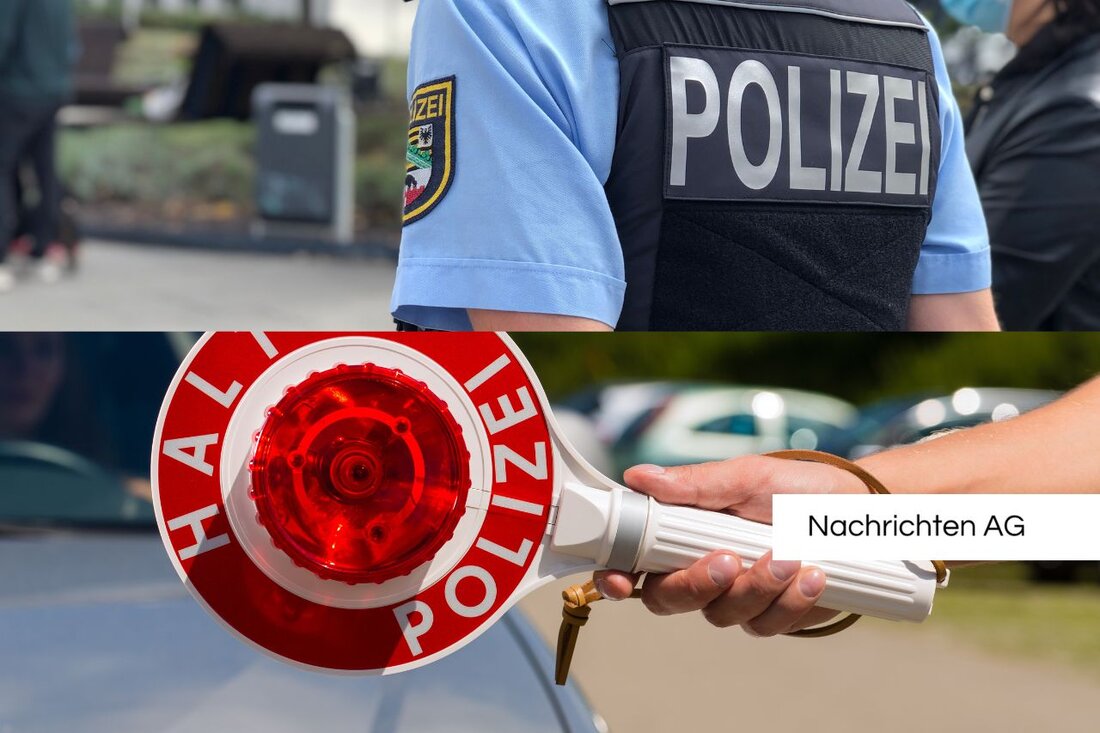Focus on academic freedom: Are we increasingly at risk?
Adenauer Lecture at the University of Cologne on June 3, 2025: Prof. Dr. Bettina Rockenbach talks about academic freedom.

Focus on academic freedom: Are we increasingly at risk?
The Adenauer Lecture at the University of Cologne, an important forum for discussion about academic freedom, will take place on Tuesday, June 3, 2025, at 7:00 p.m. This year the renowned professor Dr. Bettina Rockenbach, President of the Leopoldina – National Academy of Sciences, will appear as a speaker. Her lecture is entitled "How free is science? About ideal and reality in a phase of geopolitical upheaval" and takes a critical look at current challenges to academic freedom in a rapidly changing global environment. The event takes place in lecture hall B of the lecture hall building at Albertus-Magnus-Platz 1 in Cologne.
The Adenauer Lectures are a joint initiative of the University of Cologne and the Adenauer family with the aim of discussing major political issues and political culture in Germany, Europe and the world. Konrad Adenauer, the first Chancellor of the Federal Republic of Germany, initiated the founding of a new university in Cologne after the First World War. Registration is required for members of the press, and further information about the lecture series is available on the university website at this link.
Challenges for academic freedom
Authoritarian regimes such as North Korea, China and Afghanistan play a prominent role in the current discourse on academic freedom, as serious interference with academic freedom is common there. While such drastic measures are uncommon in Western democracies, including the EU, there are alarming trends. The rise of right-wing populist parties poses serious risks for academic freedom. This is particularly evident when considering the political changes in the US during Donald Trump's term in office, such as the Federal Agency for Civic Education notes.
Academic freedom has become increasingly important in Germany and Europe. Political debates highlight the role of universities and their future influence on society. Scientists often feel that their individual freedom of research is restricted by organizational requirements and the influence of university management. Changes in the understanding of the constitutional guarantee of academic freedom have been observed since the 1970s.
Influence of the social environment
The changes taking place within universities are extremely relevant. A central aspect is the switch to New Public Management, which has strengthened the influence of university management. At the same time, scientists, especially non-professorial position holders, are experiencing declining opportunities for professorships and are heavily dependent on professors' decisions regarding resources.
Another critical point is the chronic underfunding of universities. The proportion of third-party funded staff has increased from 10% to almost 30%, meaning that many researchers are under pressure to focus on mainstream topics. This endangers the freedom of research and increases inequalities in the distribution of third-party funds.
In a broader context, it is observed that scientific knowledge is increasingly being used for non-scientific purposes. This can limit academic freedom, as too much focus on social issues may endanger the independence of research. The increasing control of scientific discourse by social groups also creates tensions between established scientists and outsiders who fight for access to interpretive sovereignty.
Shaping the framework conditions for academic freedom is crucial. Changes are often unintentional and can have potentially unpredictable effects. Scientists are required to be aware of the possible threats to their freedoms and to act vigilantly towards state actors in order to defend the integral values of science. The upcoming Adenauer Lecture offers a valuable platform for discussing these topics to reflect on the challenges and opportunities in academic freedom.

 Suche
Suche
 Mein Konto
Mein Konto